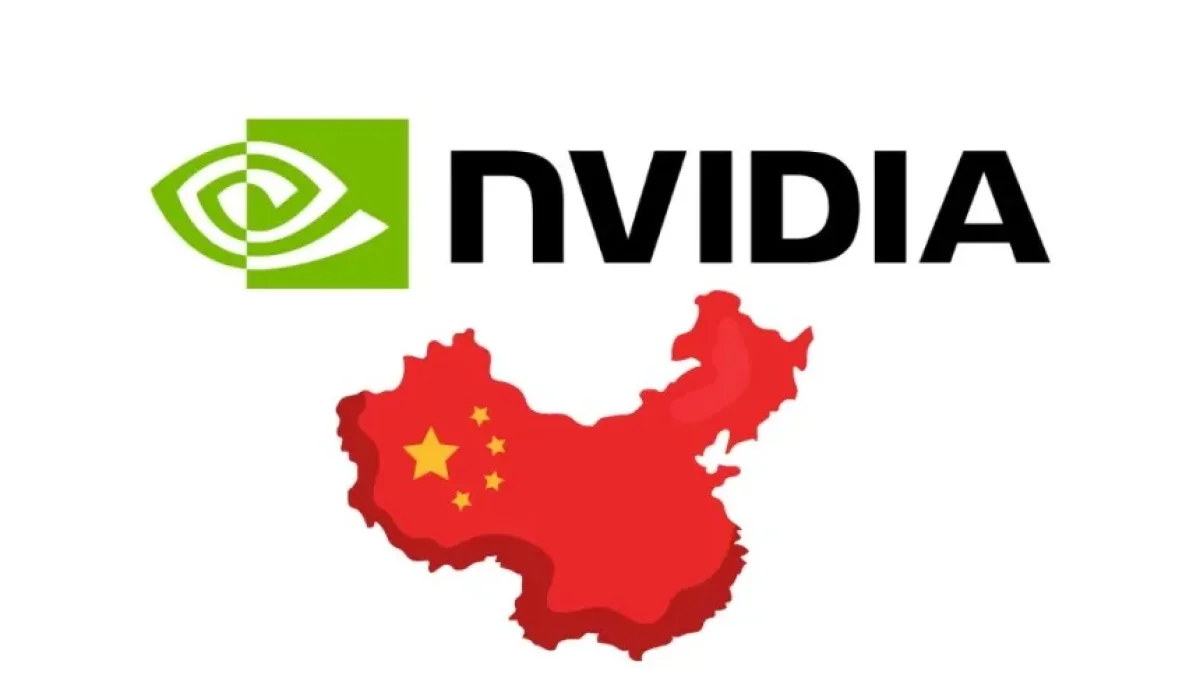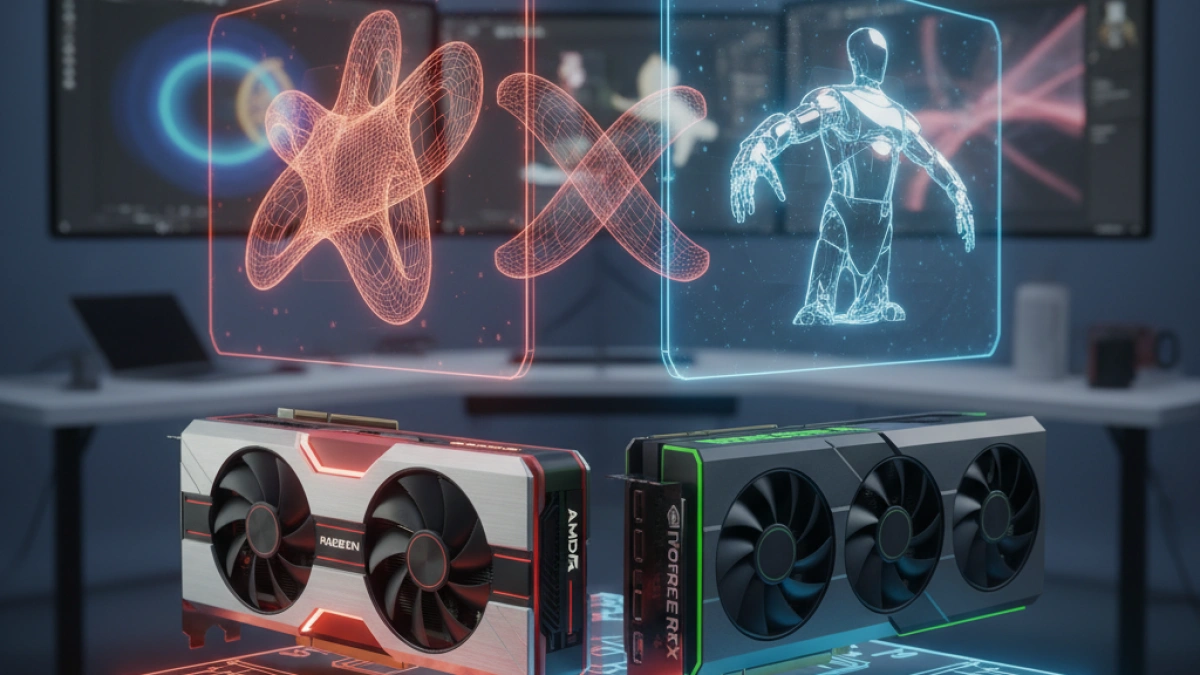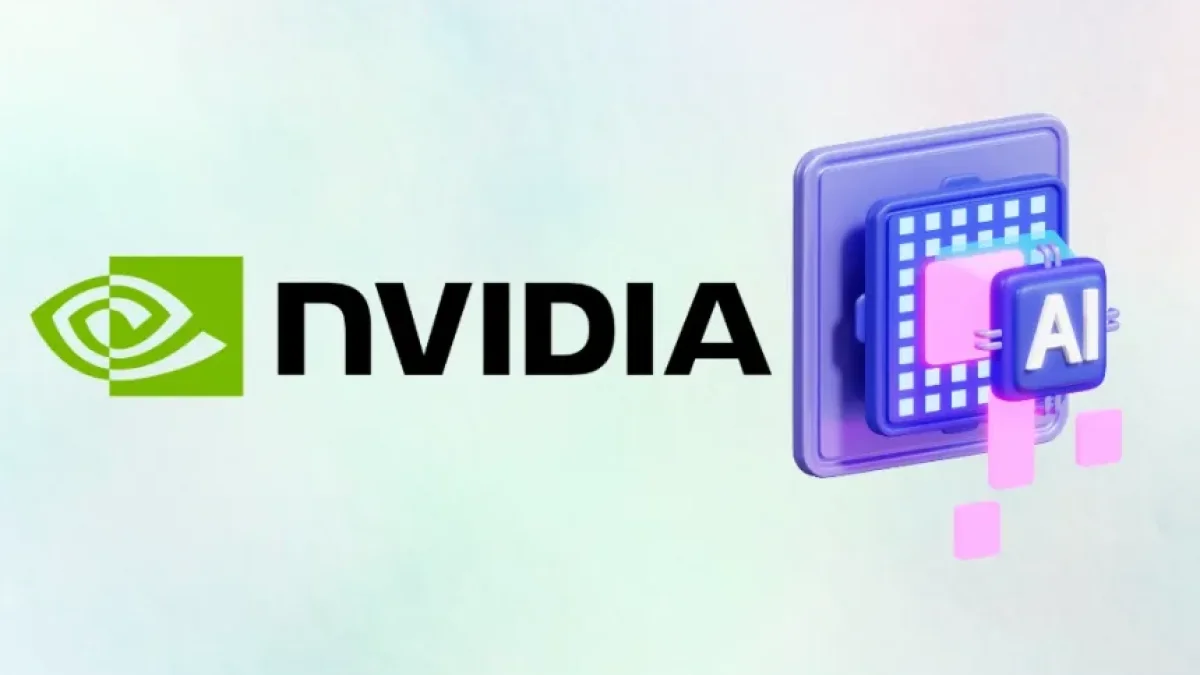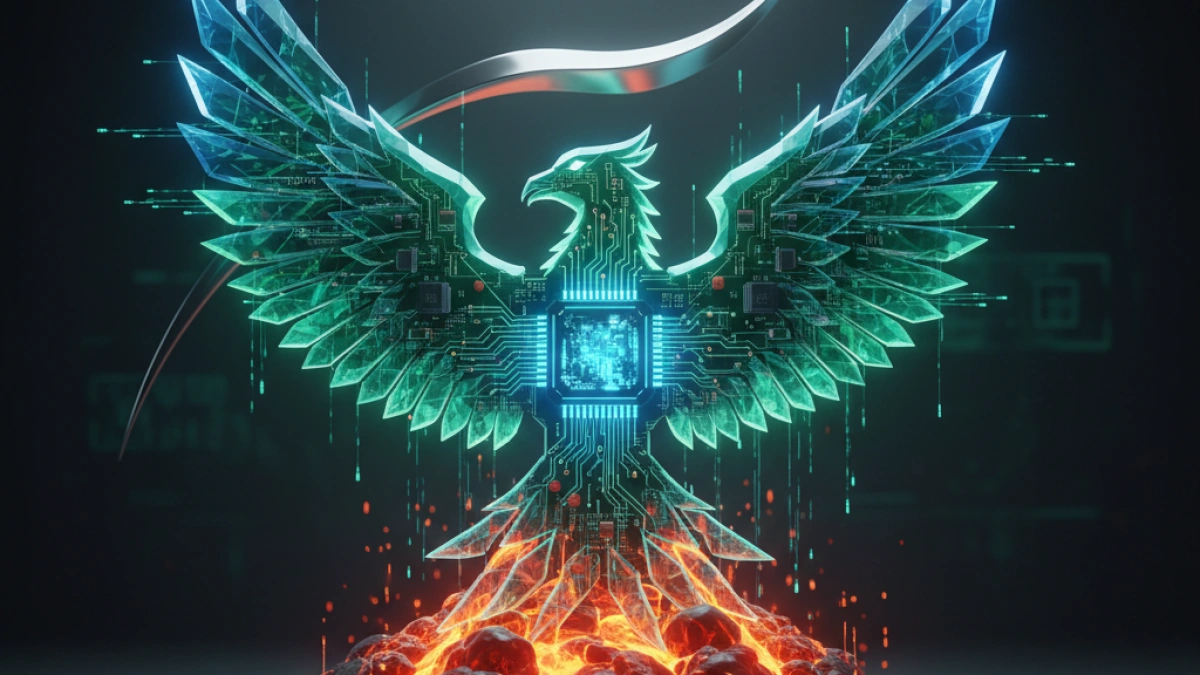Nvidia strengthens ties with China amid U.S. sanctions.


In a context marked by growing trade and technological tensions between the United States and China, Nvidia’s CEO, Jensen Huang, recently visited China to strengthen the company's business relationships. This move comes amid sanctions imposed by the U.S. on various Chinese companies, leading Nvidia to seek new opportunities in the Asian market.
Jensen Huang's Visit to China
During his stay in China, Jensen Huang met with business leaders and government officials to explore collaborations in artificial intelligence and data processing technologies. Huang emphasized the importance of innovation and collaboration as fundamental pillars to address current challenges in the tech sector.
At an event held in Shanghai, Huang stated that "artificial intelligence knows no borders." This comment illustrates Nvidia's commitment to establishing a deeper relationship with China, one of the world's largest economies and a leader in technological innovation.
The Impact of U.S. Sanctions
Sanctions imposed by the U.S. have affected several Chinese companies, particularly in the fields of technology and semiconductor manufacturing. In this context, Nvidia has recognized the need to adapt and diversify its operations. Huang's visit not only aims to strengthen business ties but also to mitigate the effects of U.S. restrictions that limit companies' ability to operate in certain markets.
Read also
Nvidia, known for its innovations in graphics and data processing, has been at the center of the debate on advanced technology. The company has defended its global approach and expressed interest in continuing to collaborate with China despite the political tensions between the two countries.
Collaborations in Artificial Intelligence
One of the main focuses of Huang’s visit was to explore collaboration opportunities in developing artificial intelligence. As a leader in this field, Nvidia seeks to establish partnerships that allow it to access resources and talent in China, as well as expand its presence in the Asian market.
Over the years, the company has worked with numerous institutions in China, including universities and research centers, facilitating knowledge and technology exchange. This collaborative approach is essential for joint advancement in such a dynamic area as artificial intelligence.
Read also
Reactions and Expectations
Huang's visit has been met with optimism among business partners and government entities in China, who see Nvidia as an important ally to boost technological innovation in the region. Although there are concerns about the U.S. response to these initiatives, both Nvidia and its partners are working on strategies to ensure a future of collaboration that benefits both parties.
Experts in international relations and economics are closely monitoring the development of this situation, as it could have significant implications for the future of trade and technology on a global scale.
Conclusion
In a landscape where trade tensions are increasingly evident, Nvidia is taking a step forward to solidify its presence in China. The search for new opportunities and partnerships in the field of artificial intelligence not only reinforces its business strategy but also highlights the company’s resilience in the face of the challenges posed by U.S. sanctions.
To stay updated on more news like this, I invite you to keep reading my blog. Here you will find the most relevant information from the technology and business world.



















